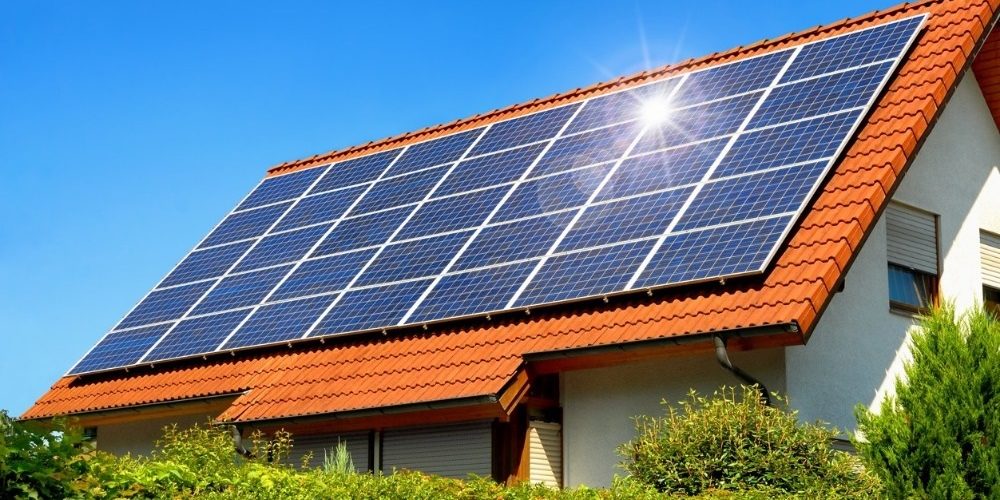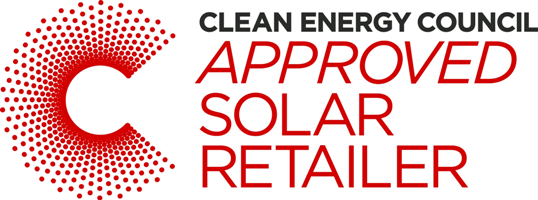June 10, 2022
It is no secret that solar energy comes with a lot of advantages. Did you know that the energy
provided by the sun in 90 minutes is enough to make up for the global energy needs for a whole
year? More than a quarter of households in Australia have switched to solar energy in the past
decade. From being called a laggard, the country has now become a climate leader. However, along
with the pros, there are certain limitations they carry. But the advantages surpass the limitations by
a huge margin.
Some of the advantages and limitations of solar energy-
Advantages
Limitations

Let us compare to find out the extent of the A- advantages they offer over the L-limitations
A- Renewable energy
The most significant advantage of solar energy is that, it is a renewable source of energy, and can be harnessed in any part of the world. Unlike many other energy sources, we can never run out of solar energy. Yes, it may be limited in certain areas at certain times, but it’s always present.
L- Cost
The cost of getting an entire solar system, including the panels, the battery storage, inverter, wiring and the installation is quite huge. But their constant development in technology will surely lead to drop in prices in the future.
A- Reduction on utility bills
Solar energy is a great way to save on your electricity bills. How much you save depends on factors like placement of your solar panels, their size as well as your daily usage. Use your energy diligently, and you’ll end up saving a lot more than you hoped for.
L- Weather dependant
While you can store and save up on solar energy on cloudy or rainy days, the efficiency certainly isn’t the same. Solar panels derive their entire energy from sunlight, therefore, on a rainy day there is obviously a drastic decrease in energy. Installation of a solar battery storage is certainly one of the most effective solutions to overcome the weather limitation, but it would still fall short during winters and night times. Thermodynamic panels are a good alternative in such cases.
A- Diverse Applications
Unlike other renewable energy sources, solar energy can be used for various purposes. Not
only can it be used to generate electricity but also to generate heat. They come in handy in
areas where there is no access to the grid, distil water with limited water supplies. One of
the lesser-known advantages of solar energy is that they can be integrated into materials
used in buildings, like solar energy windows.
Energy consumption is usually higher during the day, so as long as your panels are getting
enough sunlight, you end up making the most out of it, else, it has to be stored in batteries,
which can later be used in a time of need. Now there might be some contemplation on how
much you’ll need to spend on a battery. But we’ve got good news. Under the ACT NextGen
Scheme, the govt is providing a rebate of about 3500$ or 50% on the battery price to every
household that is present under the ACT scheme.
A- Low Maintenance
Solar systems don’t require a lot of maintenance. Only thing you need to give heed is to their cleanliness. Cleaning them thoroughly couple of times a year should suffice. To be on the safer side, its recommended to rely on specialised cleaning companies to do the service. Most panels have a warranty of at least 20-25 years. The only thing that needs to be changed once in 5-10 years would be the inverter as they are continuously working to convert energy.
L- Requirement of large spaces
Solar panels take up a lot of space. The more electricity you produce, the more panels you
need in order to collect as much sunlight as possible. Due to the limitation of space not all
roofs can accommodate them. You can always install the panels in your yard if you have a
space limitation, but you must ensure that it has enough access to sunlight.
As you can see, the cons of solar energy are ignorable when compared to the advantages it
offers. Due to the constant development in solar technology, the improvements will surely
intensify in the future.
Conclusion
As you can see, the upsides of incorporating solar energy into your home outweighs the limitations
by a huge margin.
It is important to understand how the market, technology and your sub-systems and electricity come
together to interplay and impact your energy needs. The nature of the sun’s intermittency, the feed-
in schemes and markets, the grid and billing charge, means that, in-order to gain the most from solar
energy system, backup systems may be required.
Doing your due diligence will help you confidently make the right decisions to secure your home or
business with solar energy.
Are you still exploring your energy needs and options? Hit us up and our team of experts will explain
further to help you make the right decision adhering to your energy needs.




